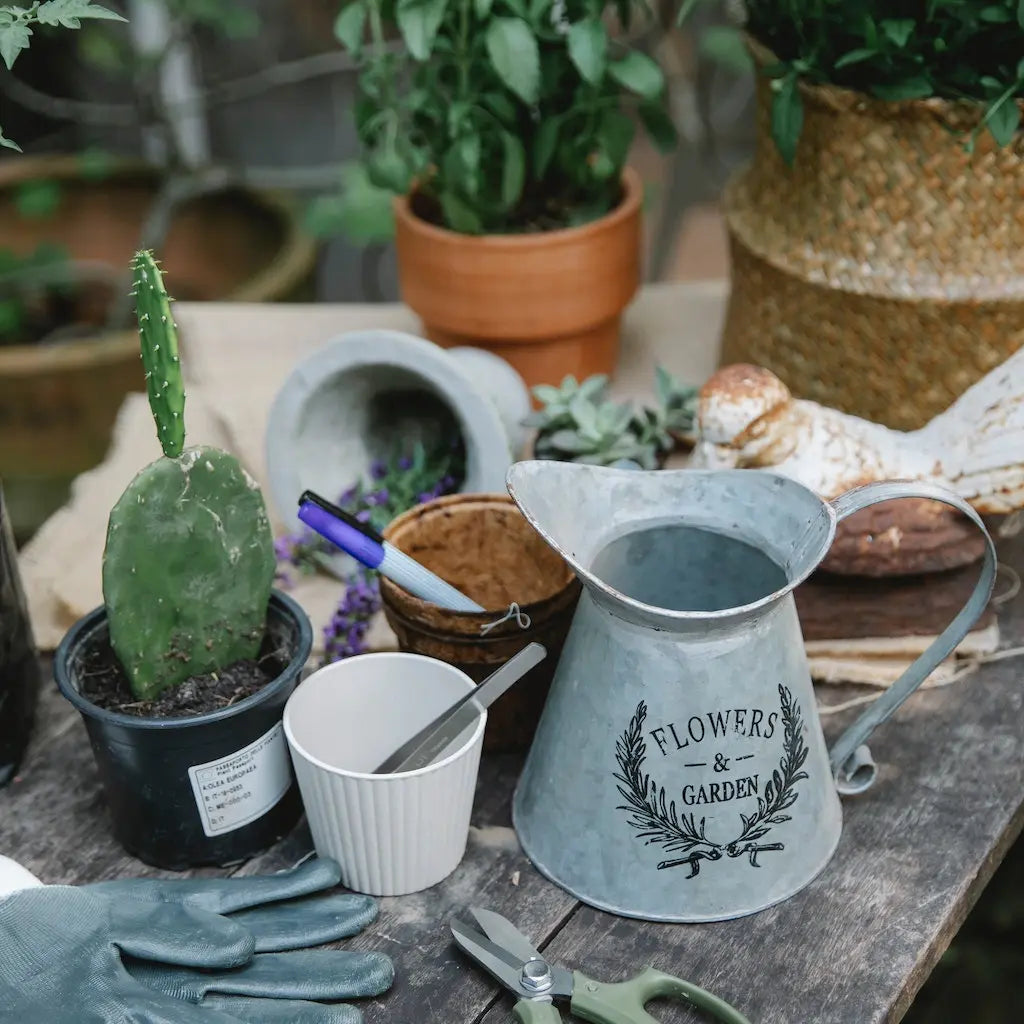
Plant Care Tips
Share
Plants are an essential part of our environment. They add beauty to our surroundings, help purify the air, and provide a sense of tranquility. Whether you have a green thumb or are new to plant care, here are some plant care tips to help keep your plants healthy and thriving.
Understanding Plant Needs:
Different plants have different needs, including the amount of water, sunlight, and nutrients they require. Before bringing a new plant into your home or garden, do some research to understand its specific needs. Some plants thrive in direct sunlight, while others prefer shade. Similarly, some plants require a lot of water, while others can survive with little water.
Watering:
Watering is one of the most important aspects of plant care. Overwatering or underwatering can harm the plant’s health. When watering, make sure to soak the soil and not the leaves. Wetting the leaves can cause them to rot, and the water can also evaporate before reaching the roots. Additionally, ensure you water the plants deeply, not just at the surface. Deep watering helps roots grow deeper and stronger, making the plant more drought-resistant.
Soil:
Soil plays a crucial role in plant growth. Ensure you use quality soil that meets the plant's needs. Also, make sure the soil is well-draining. Plants in waterlogged soil are more susceptible to root rot and other diseases.
Fertilizer:
Fertilizer is a vital source of nutrients for plants. It provides them with the necessary nutrients to grow and develop properly. However, it is essential to use the right fertilizer for your plants. Different plants require different nutrients, and using the wrong fertilizer can harm the plant’s health. Read the instructions carefully before applying fertilizer and avoid over-fertilizing, which can also harm the plant.
Light:
Light is another crucial factor for plant growth. Most plants require an adequate amount of sunlight to grow and develop properly. However, some plants need less sunlight than others. Make sure to research the specific light needs of your plants and provide them with the right amount of light.
Pruning:
Pruning is the process of removing leaves and branches to promote healthy growth. Additionally, it is important to regularly check plants for any pest infestations or diseases. This way, you can prevent them before they cause significant damage to the plants and reduce the need for pesticides.
Temperature:
Temperature is another important factor in plant growth. Each plant has a temperature range in which it thrives best. Make sure to research the specific temperature requirements of your plants and provide them with a suitable environment.
Humidity:
Humidity is the amount of moisture present in the air. Some plants thrive in high-humidity environments, while others prefer low humidity. Make sure to research the specific humidity requirements of your plants and provide them with a suitable environment.
Air Circulation:
Good air circulation is essential for plant growth. It helps prevent the formation of mold and other diseases. Ensure your plants have good air circulation by opening windows, using fans, or placing them in a well-ventilated area.
In conclusion, plant care is essential to keep them healthy and strong. With a good understanding of your plants' needs and providing them with adequate water, soil, fertilizers, light, and temperature, along with regular inspection and pruning, you can ensure their health and beauty for many years to come. Remember to also take care of yourself while gardening to avoid any injuries. Happy gardening!
